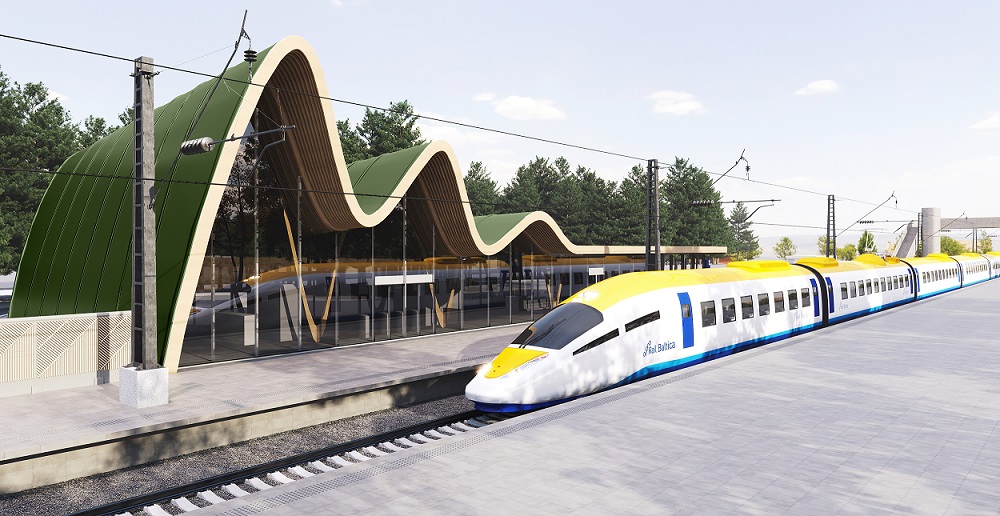Vingris said that the construction of the railway line in all three Baltic States was still just in the initial stage. Over the past five years, several hundred people have been involved in all three Baltic States to meet the project target.
“In the coming years, the continuing development of the Rail Baltica project will create up to 13,000 new jobs in the rail and related construction sectors and over 24,000 related industries such as logistics, production, hospitality. This means that the education system needs to be ready to supply these new specialists,” Vingris said.
Currently, international specialists are working in the project, and even more such international specialists are involved in the development and construction.
Asked whether the field of education in Latvia should think about any special programs for the training of specialists needed, Vingris replied in the affirmative. But no less topical is to think about boosting student interest in the field of rail.
“In the day-to-day management of the company, we have to face the conditions that this reputational work is very challenging and we see that the volume of new specialists is not sufficient,” Vingris said. He said that there were only 40 railway engineers' applications at Riga Technical University (RTU) from 2016 to 2018, only five in 2021. In vocational education institutions, the railway sector is not the most demanded, even though it covers a broad spectrum of specialties, including construction.
Asked where such specialists could come from in the future and whether the Rail Baltica project could involve those people who lost their jobs in the Latvian Railways, Vingris said: "This transition is certainly possible and very desirable, because these specialists already have the basis for the railway sector. It is still clear: to work with the high-speed rail of the new system, they would need retraining.
"No doubt there would be such an option. At the moment, we also feel that those workers who are already involved in construction or design obtain their qualifications not only from previous education, but also through experience acquired abroad."





























